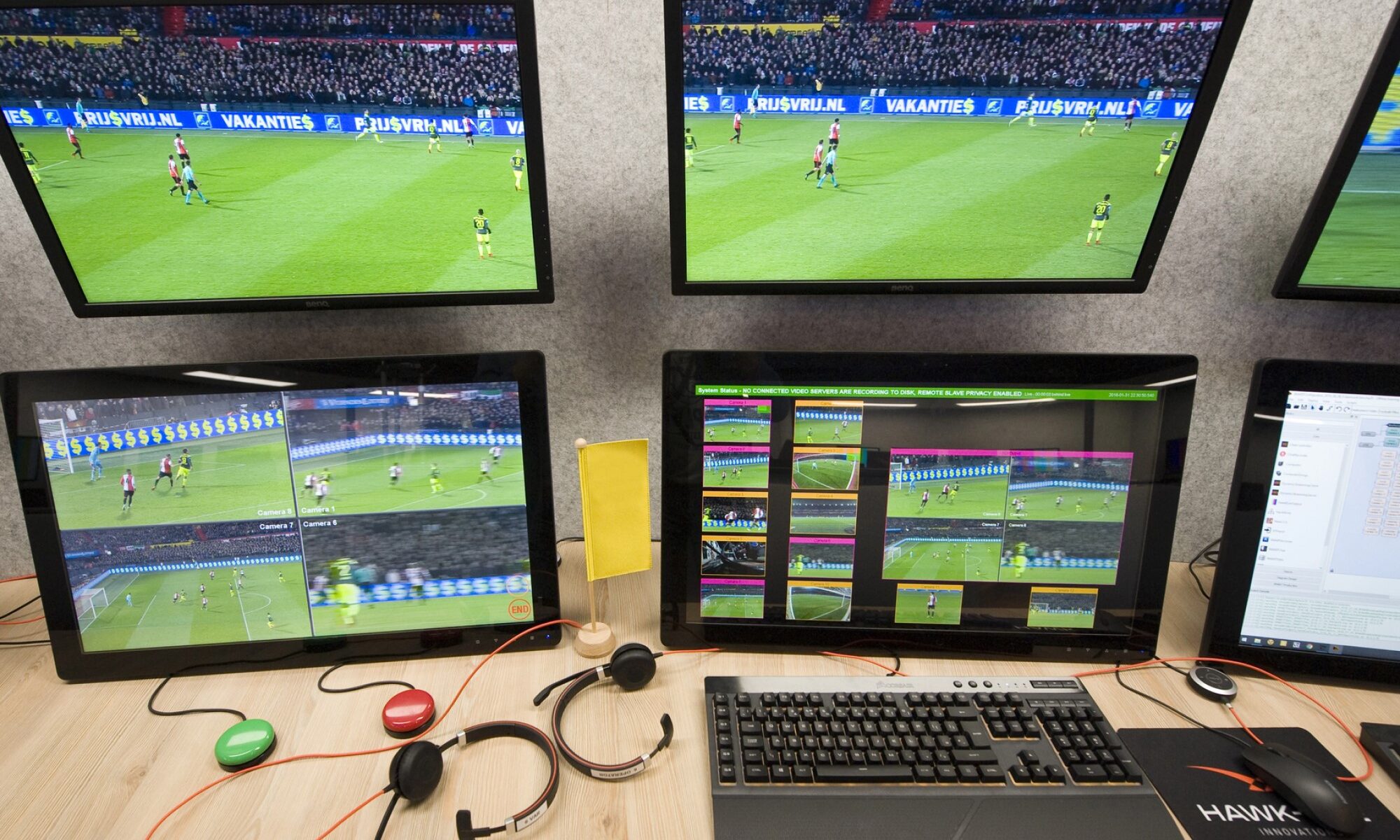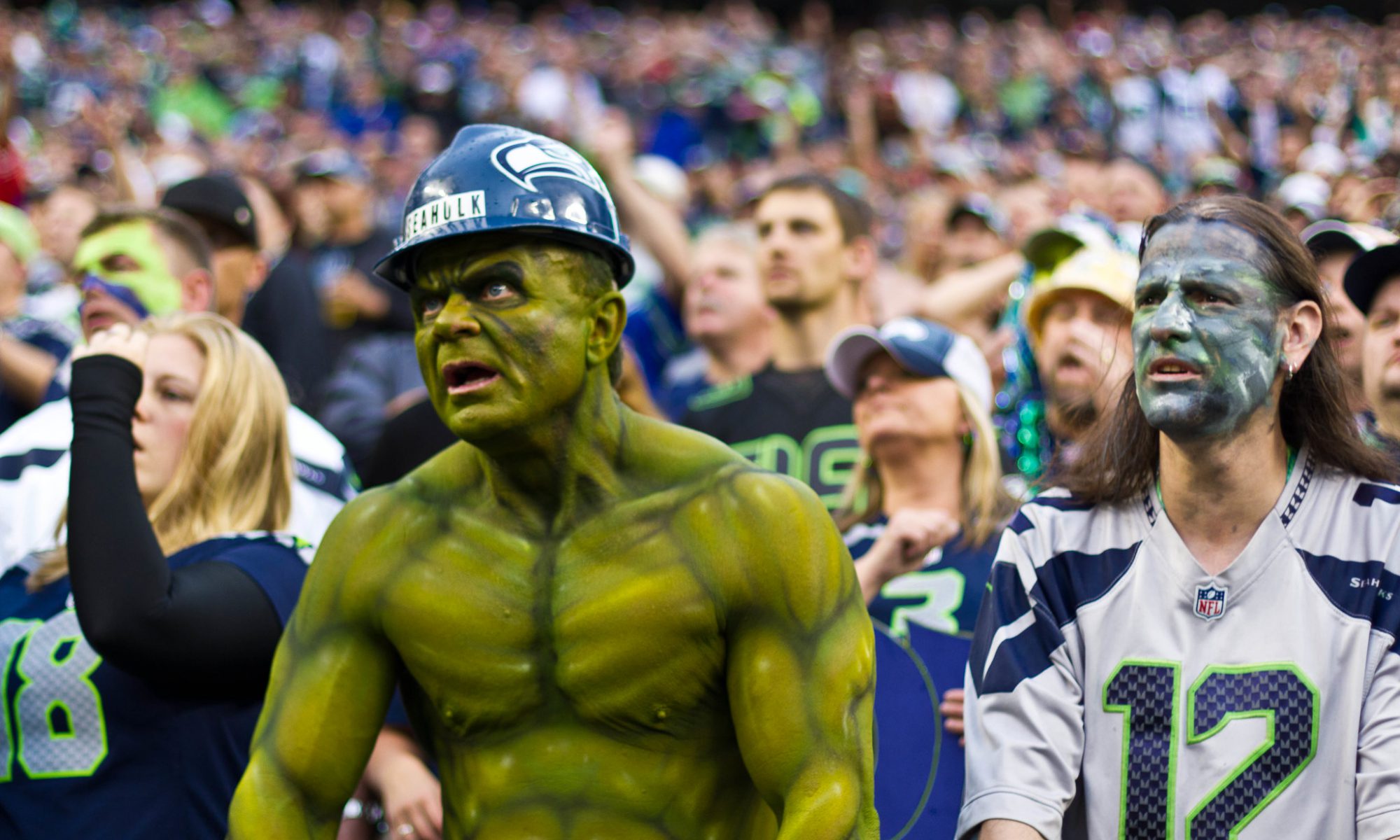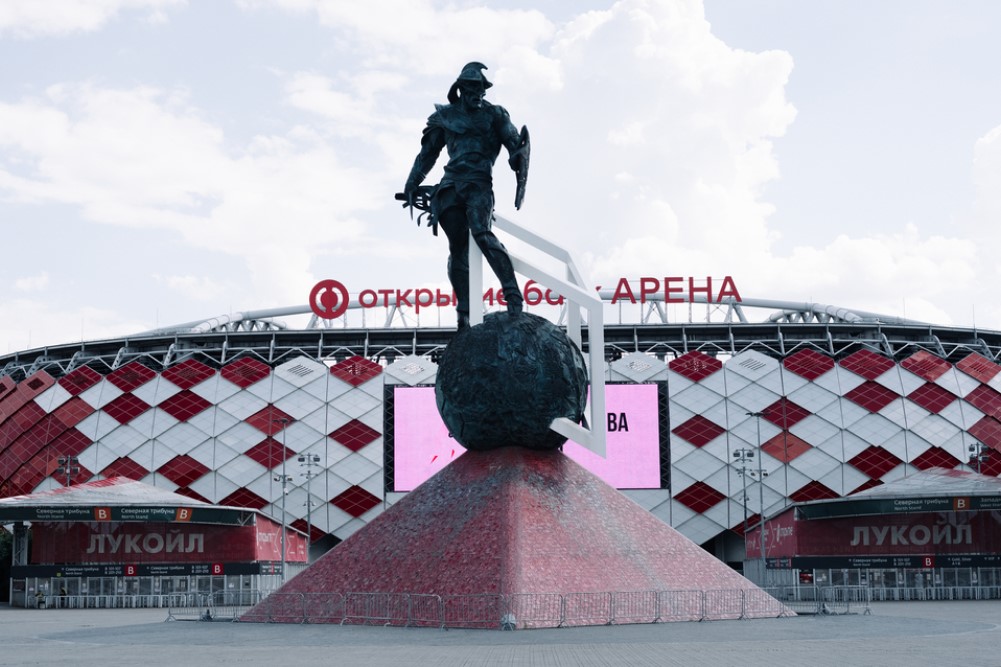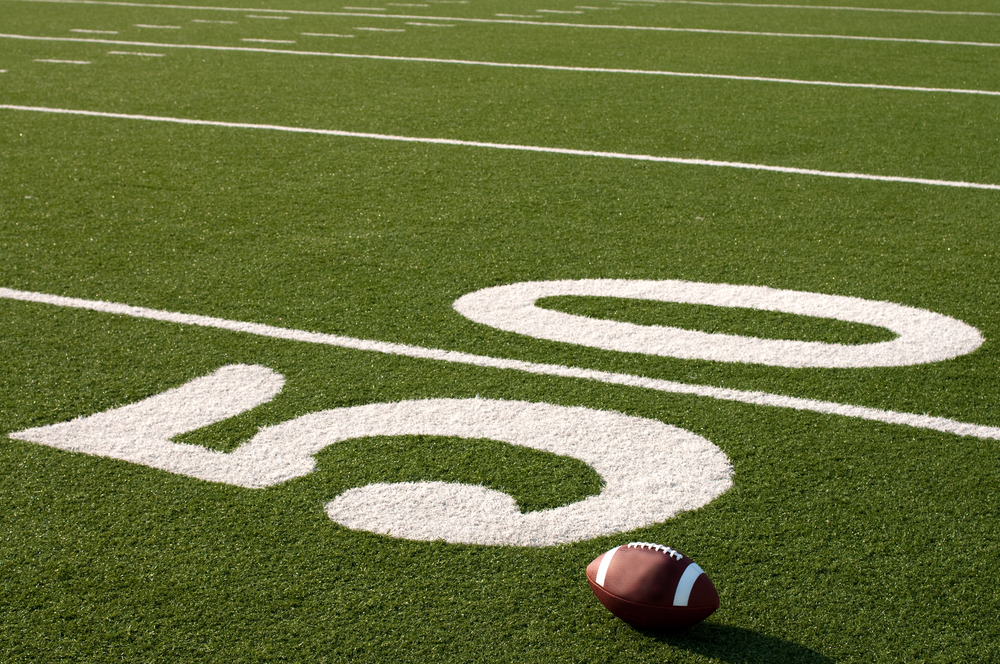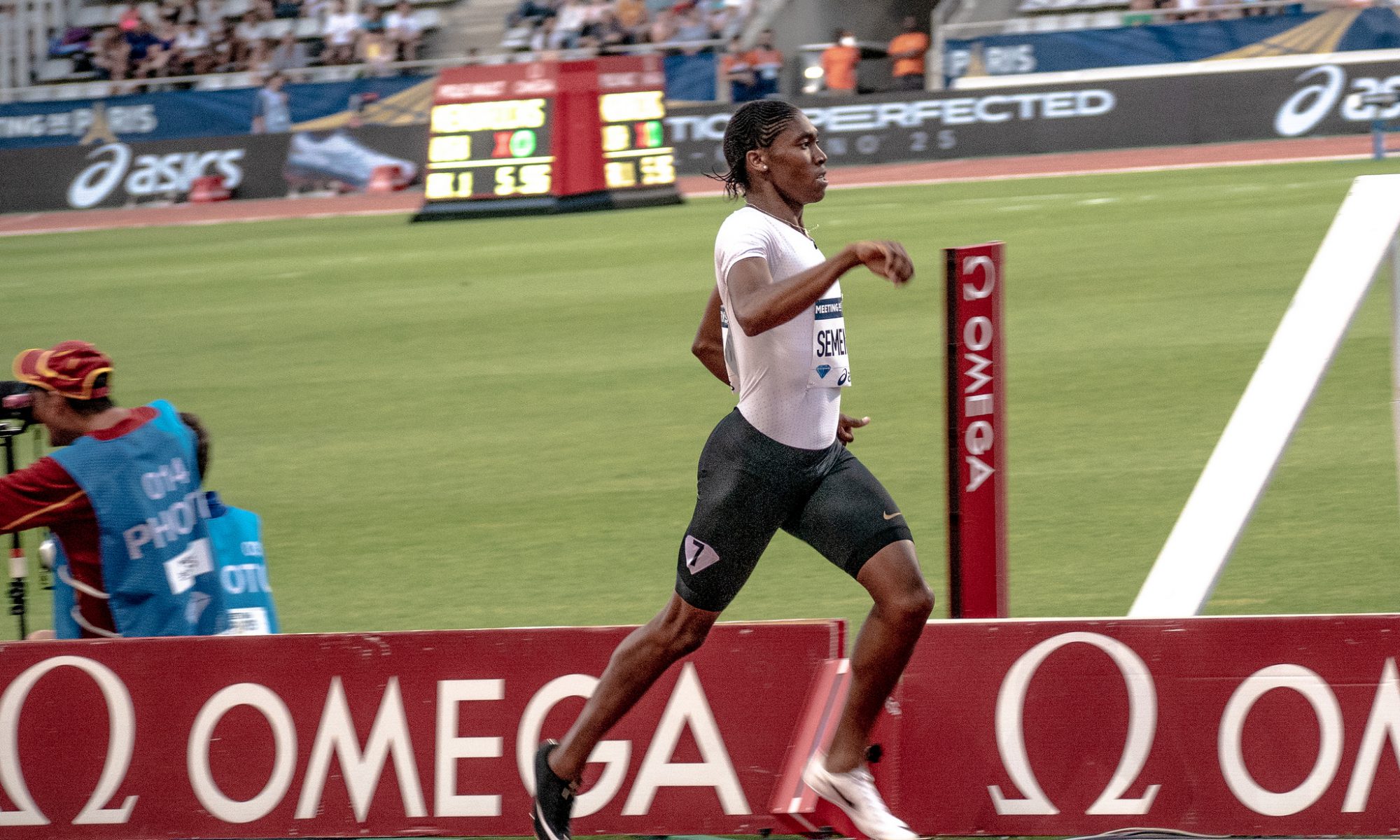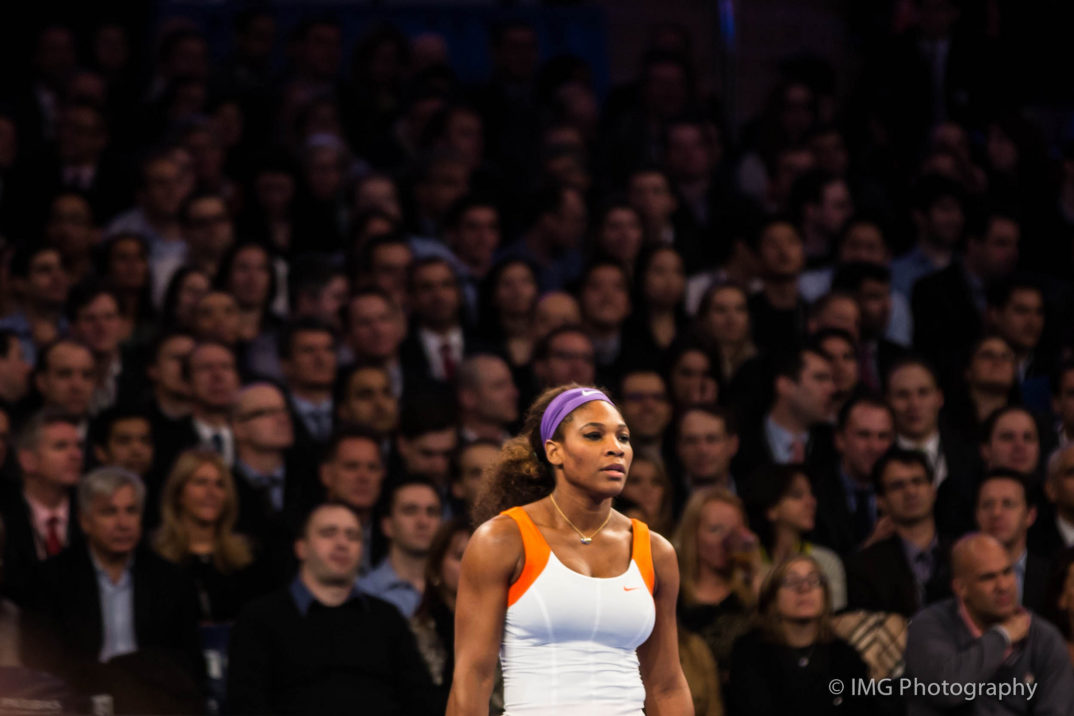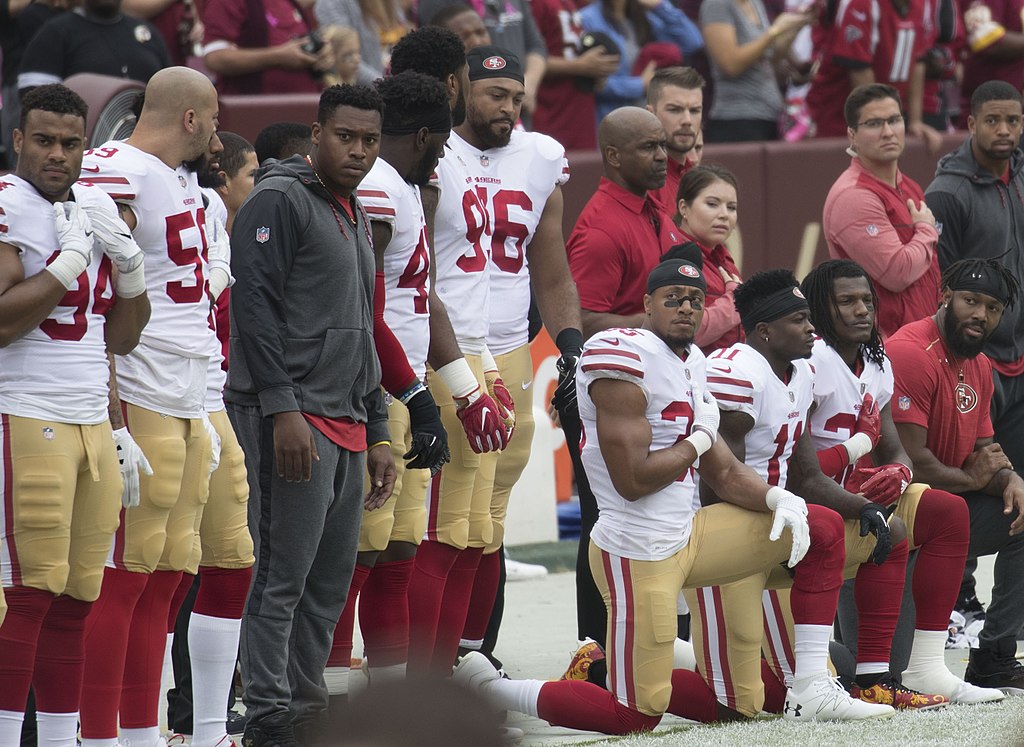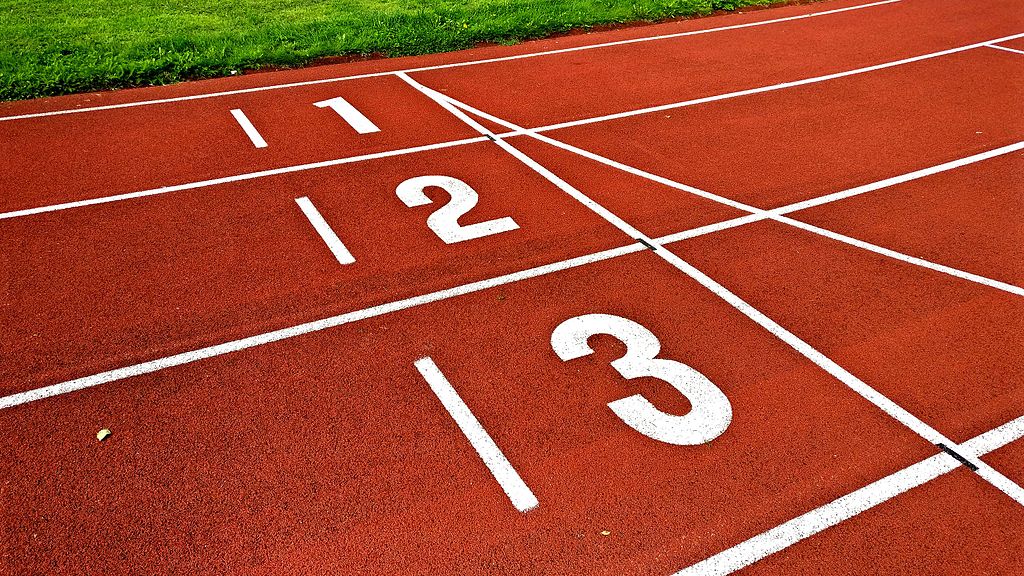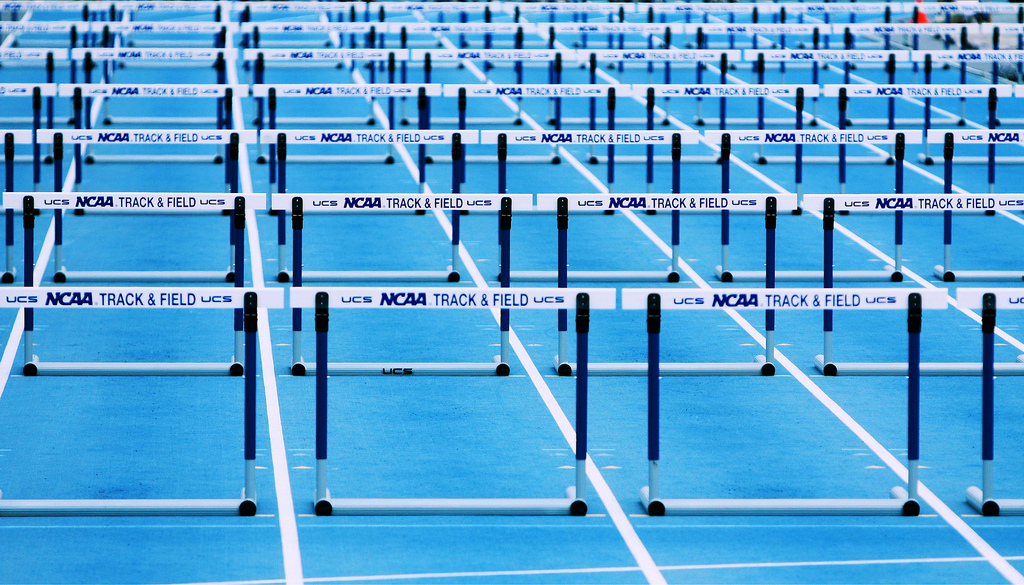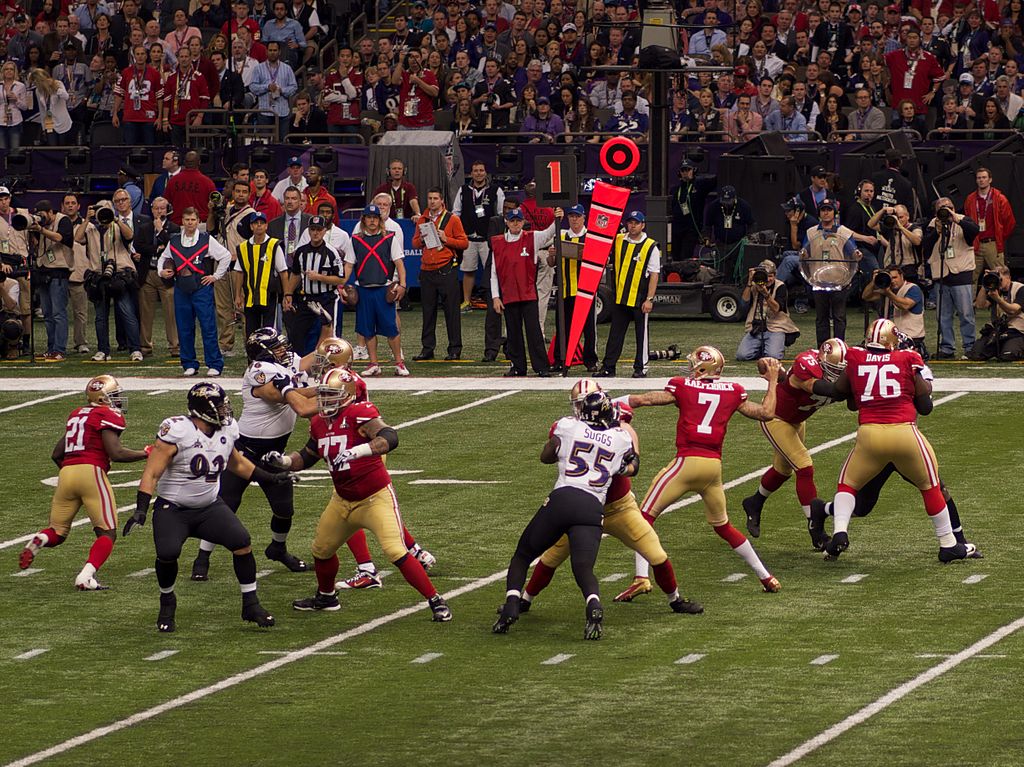On the 22nd of June, 1986, God handed a historic victory to the Argentinian soccer team. Argentinian legend Diego Armando Maradona scored the winning goal against England in the World Cup Quarter Finals. Only, he did so with his hand – which, in the game commonly known as football, is not allowed. However, the referee and his team did not see the foul and assigned the goal. This error resulted in a 2-1 victory for the Argentinian team, allowing them to move on to the next bracket of the tournament and, eventually, claim international glory. However, both during and after the game, many others called out the referee’s mistake: due to an error in judgment, he failed to correctly apply the rules of the game, and allowed the Argentinians to win undeservedly. This historical moment, following a cheeky remark from Maradona himself, came to be known as “the Hand of God.”
There is no way around it: human beings, for all their capacity for reason, are fallible. As our intelligence is bound to our physical context, culture, experiences, and our own ideas, some assessments and decisions will be biased, surprisingly influenceable, and, ultimately, unfair.
It is in this department that AI development, well before the days of ChatGPT, claimed to provide an invaluable resource: much more precise and fair assessment than what human beings are capable of. As early as 2012, when the first discussions surrounding “Ethical AI” emerged, a group of researchers at Microsoft developed a framework for developing “Fair AI” – software agents capable of greater fairness in decision-making than human beings could ever hope to achieve. Emerging technologies are capable of extraordinary tasks: advanced cancer prognosis and treatment, calculating the structure of proteins, and unprecedented support in space exploration – all incredibly complex tasks that human beings simply do not have the capacity to carry out on their own.
However, despite their promise, there have been many, many instances where AI systems were just as unfair as human beings. Cases of AI systems discriminating on the basis of gender, on the basis of race, disability, social class, and income abound. This occurred partly because the data used to develop those systems already reflect unlawful and immoral discriminatory practices carried out by human beings. In the words of philosopher Atoosa Kasirzadeh, AI systems are no help in addressing systemic injustices: if a social system or practice is already biased against a group of people, technology will only reinforce that prejudice. However, I would like to go even further than Kasirzadeh in this regard. We should not expect AI nor technology to make things fairer, as shown in how AI is applied within soccer games – and, specifically, through the technology known as VAR.
VAR, or “Video Assistant Referee,” first introduced in 2016, was designed to more justly apply the rules of football. A referee, due to their epistemic limitations (especially poor positioning within a game), may not be able to assess with certainty whether a foul occurred. Now, officials can review footage of the event from multiple camera angles in order to make that decision. Importantly, the technology underlying VAR is AI-based. Only through an AI system can one find the appropriate footage (which is collected by multiple cameras) for review without interrupting the game for an unacceptably long time. Once again, the sophistication of AI systems’ information processing and accuracy goes far beyond our limited epistemic capacities. So, now that important events in a football game can be reviewed in case of uncertainty, nothing like the backlash following the Hand of God could ever happen again. Right?
Unfortunately, the introduction of VAR has not resolved the issue. Every week the (un)fairness of VAR-assisted decisions is questioned (often by the managers and players themselves), and many websites maintain weekly threads devoted to dissecting footage and discussing calls. Because VAR is simply a tool utilized by the referee, there is still room for significant variation in how the rules are applied.
Take, for instance, the case of Anthony Taylor’s refereeing of the 2023 Europa League final. A supposed handball in favor of AS Roma, which would have led to a penalty kick, was not assigned, in spite of a technically very clear handball. While such a decision did not raise much discussion outside of Italy (and Taylor’s refereeing was praised), the same cannot be said for his identical decision on a nearly identical foul during the European Championship. Put very bluntly: Taylor does not deem that type of handball to be a foul and is consistent in his ruling, while other referees openly disagree. We might be inclined to believe that, because we can record, replay, and ultimately objectify a given event, we can have an objective view of how we should judge that event. However, the act of judgment itself is an inherently subjective act, and even people with the same degree of expertise can interpret the game’s rules differently, and the events they judge differently.
Up until a few years ago, the intentionality of a gesture played a relevant role in the referee’s decision-making: whether a player (apparently) intended to stop a shot towards goal with their hand, or whether it was an accident, mattered for deciding whether to assign the foul or not. However, following the introduction of VAR, the rules have been revised in several countries: many countries changed such a rule so that any handball in the penalty area – accident or not – results in a penalty kick. (The slight difference in rules across different national and international competitions is itself a source of confusion and variation that complicates the picture even further.) Similarly, while the way of judging whether a player stomping on another’s foot used to be judged as foul depending on perceived intentionality and gravity of the stomp – depending on whether, e.g., the toes or the ankle were stomped – now all stomps are treated the same. These rule changes make sense considering how VAR shifts referees’ focus from an event on the pitch to images on a camera. When using the VAR, the referee is not judging a dynamic interaction between players, where the greater context and movement of the game makes it easier to assess what players’ intentions might be. When judging a sequence of frames, considering the intentionality of players’ actions becomes incredibly more complicated. In other words, VAR is not making the game of soccer better: in order to make VAR work, it is necessary to change the rules. AI is also not making things fairer: the rules must still be applied in accurate and equitable ways.
This might still appear to be something quite minute in the grand scheme of things: a change of rules in a mere game, no matter how popular it may be. However, the core issue regards what we understand fairness to be, what actually AI needs from us in order to make things supposedly fairer. In theory, AI can make things fair because it can follow and apply the rules and the norms that human beings often fail to apply, due to their own epistemic limitations. However, in order to purposefully and efficiently implement AI within a social context, we need to tweak and change the rules of that social context – not in the name of fairness, but in the name of efficiency. Before AI can arguably make things fairer for our society, we need to change our society first, to merely make it possible to implement AI in the first place. For this reason, it is worth asking ourselves whether AI is making things fairer for us, or whether we are making things easier for AI.
We can expect some revolutionary uses of AI in many domains, and potentially even great benefits for society. However, quite often AI technologies are promoted as morally valuable – more trustworthy, more responsible, more fair. In some cases, that can be true: VAR has proved successful in detecting fouls; so much so that it is almost unimaginable that something like the Hand of God could happen again. However, to use AI and take advantage of its precision within a given social context, it is often necessary to change the rules and norms that define the context in order to use AI in the first place. We can expect more precision from AI, as a technical value; however, precision does not equal fairness. Rather, the rules determining what is fair can – and should – only come from us – what we believe, what we do, and what we value.

